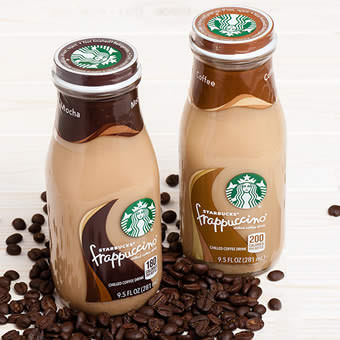Introduction
Private label specialized foods have become increasingly popular in the retail sector. With customers seeking distinct and high-quality products, private label foods supply a delicious solution that satisfies their taste buds and satisfies their assumptions. In this article, we will certainly explore the globe of exclusive label foods, from their production to their effect on both merchants and consumers.
The Increase of Private Label Food Manufacturers Australia
Private private label foods tag food producers in Australia have actually experienced substantial development in the last few years. These suppliers concentrate on producing private label food products that cater to the particular requirements and choices of sellers and consumers. With a focus on high quality and development, they have actually carved a particular niche for themselves in the competitive food industry.

Benefits of Private Label Food Products
Private label food use various advantages for both merchants and consumers. Allow's take a better take a look at some of these advantages:
1. Quality Control
One of the significant advantages of private label food is the control over top quality. Retailers can work closely with private label food suppliers to make certain that the products fulfill their desired criteria. This permits retailers to provide top quality products that line up with their brand image.
2. Customization
Private label food manufacturing enables retailers to personalize their items according to their target audience's choices. Whether it's creating unique tastes or satisfying particular dietary requirements, personal tag foods provide flexibility in item development.
3. Competitive Pricing
Retailers can benefit from affordable pricing by going with private label foods. Given that there are no middlemen included, the price financial savings can be passed on to customers, making these items extra cost effective compared to nationwide brands.
4. Brand Differentiation
Private label foods help stores differentiate themselves from rivals by using exclusive products not located in other places. This exclusivity creates a feeling of commitment amongst consumers who proactively choose these specialized items.
5. Increased Revenue Margins
Private label foodstuff typically have higher revenue margins for retailers contrasted to national brand names. With control over the entire manufacturing process, merchants can optimize expenses and optimize their profits.
The Process of Private Label Food Manufacturing
Private label food manufacturing includes a number of vital steps that make sure the production of premium products. Let's look into the process:
1. R & D (R&D)
The R&D stage is important in private label food manufacturing. It includes marketing research to recognize consumer patterns, tastes, and choices. Makers work very closely with retailers to develop item principles that align with their brand name and target market.

2. Recipe Formulation
Once the principle is finalized, suppliers go on to recipe solution. This action includes producing a special blend of components and flavors that satisfy the preferred taste account. Manufacturers may additionally consider including LSI search phrases such as "exclusive label specialized foods" and "private label food suppliers Australia" to enhance search engine optimization.
3. Evaluating and Quality Assurance
Before mass production starts, manufacturers perform extensive screening and quality assurance checks. This makes certain that the items meet all safety and quality standards established by regulative bodies. Private label food manufacturers prioritize consumer complete satisfaction by providing items that are risk-free, scrumptious, and consistent.
4. Product packaging Design
Packaging plays an essential function in private label food' success. Producers collaborate with sellers to create product packaging that reflects the brand name's worths and appeals to consumers. Captivating designs incorporated with useful tags help stand out on shop shelves.
5. Production and Distribution
Once the packaging design is approved, manufacturers start production on a large scale. They follow strict manufacturing techniques to keep consistency in taste, appearance, and overall item quality.
Distribution of private tag foods is done through various channels like grocery stores, on-line systems, or specialized shops. Stores play a crucial role in ensuring these products reach their target audience effectively.
FAQs concerning Exclusive Label Foods
What are exclusive tag foods? Exclusive label foods are items that are manufactured by a business available under a store's brand. These products offer unique tastes and personalization options.
How can merchants take advantage of private label food production? Retailers can benefit from private label food manufacturing by offering unique items, regulating high quality, and enjoying greater revenue margins.
Are private label food of high quality? Yes, private label food producers prioritize quality assurance to make certain that their products meet the desired criteria set by retailers.
Can sellers personalize private label food? Yes, sellers have the flexibility to personalize private label foodstuff according to their target market's preferences.
Are private tag foods a lot more budget friendly compared to national brand names? Yes, personal label foods are commonly priced competitively, making them extra inexpensive for consumers.
Where can consumers find private label foodstuff? Private label foodstuff are available in different retail electrical outlets such as grocery stores, on the internet platforms, and specialty stores.
Conclusion
Private tag foods have actually reinvented the retail sector by supplying a tasty option for both merchants and consumers. With their concentrate on quality control, personalization choices, and affordable pricing, these specialized products provide an unique experience that sets them besides nationwide brand names. Merchants can take advantage of the advantages of private label food production to separate themselves and enhance their revenue margins. Consumers, on the various other hand, can appreciate high-quality items customized to their preferences. As the need for special and tasty food grows, personal label foods continue to flourish in the market, accommodating the advancing tastes of consumers.